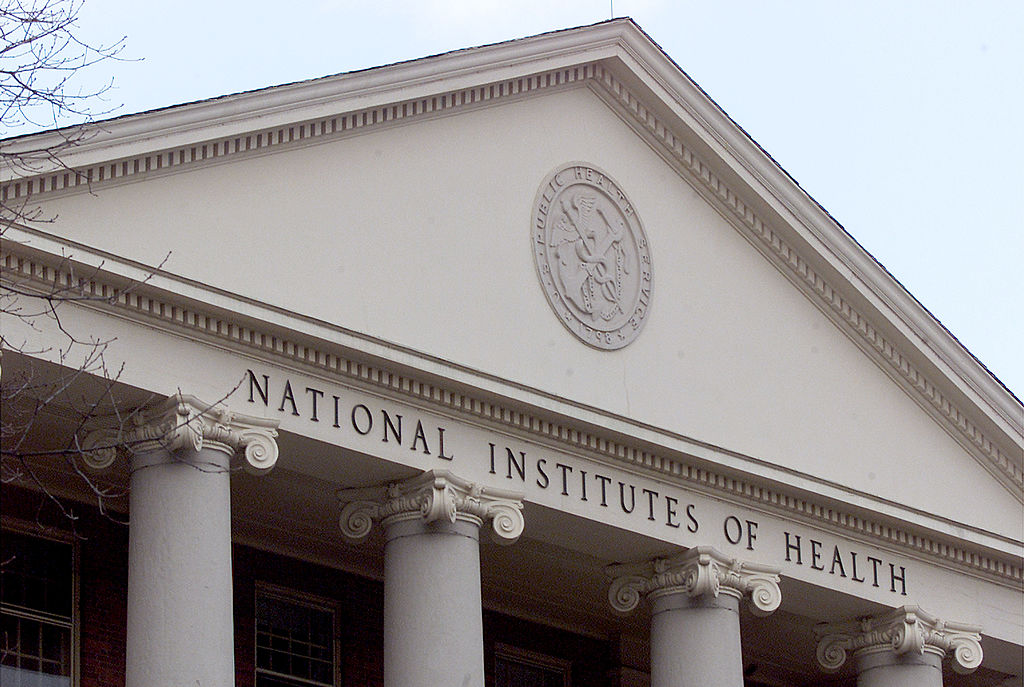
Independent safety observers monitoring AstraZeneca’s Covid-19 vaccine clinical trial have concerns about efficacy data that the company released.
The data safety and monitoring board (DSMB) has notified federal officials and AstraZeneca that the company “may have included outdated information from that trial, which may have provided an incomplete view of the efficacy data,” according to a statement issued early Tuesday morning by the National Institute of Allergy and Infectious Diseases.
“We urge the company to work with the DSMB to review the efficacy data and ensure the most accurate, up-to-date efficacy data be made public as quickly as possible,” the institute, a division of the National Institutes of Health, said in the statement issued just after midnight Tuesday.
The two-paragraph statement did not describe what aspects of the data were incomplete. The NIAID raised no concerns about the vaccine’s safety.
AstraZeneca released Phase 3 data for its Covid-19 vaccine on Monday, reporting that the two-shot regimen showed 79% efficacy in preventing severe infection. Furthermore, the vaccine was 100% effective in preventing hospitalization. The double-blind, placebo-controlled study enrolled 32,449 adults in the U.S., Peru, and Chile. AstraZeneca said that the efficacy results were comparable across ethnicities and age groups, including those 65 and older. The data have not yet been published in a peer-reviewed journal.
DSMBs are independent bodies comprised of scientific experts charged with periodically reviewing clinical trial data. If safety issues emerge or if the data suggest that a drug will not work, the board can recommend a company stop the clinical trial. But communication about its findings are done privately. The NIAID said that late Monday, the DSMB conveyed its concerns to the agency, the company, and the Biomedical Advanced Research and Development Agency, which has provided more than $1 billion toward the vaccine’s development and clinical testing. The NIAID’s public statement is an unusual move because authorities typically do not comment about clinical trial data.
For the AstraZeneca vaccine to become available, the company must submit a request for emergency use authorization. An advisory committee to the FDA will review the clinical trial data and hold a public hearing to discuss the risks and benefits of the vaccine. That board will hold a non-binding vote to guide the FDA. The decision whether to authorize the vaccine rests with the FDA.
AstraZeneca issued its own brief statement Tuesday morning that said its vaccine data were based on a pre-specified interim analysis with a cutoff date of Feb. 17.
“We have reviewed the preliminary assessment of the primary analysis and the results were consistent with the interim analysis,” the company said. “We are now completing the validation of the statistical analysis.”
AstraZeneca added that it plans to share with the DSMB the company’s primary analysis with the most up to date efficacy data. Those results will be issued within 48 hours, the company said.
Photo: Mark Wilson/Newsmakers, via Getty Images














